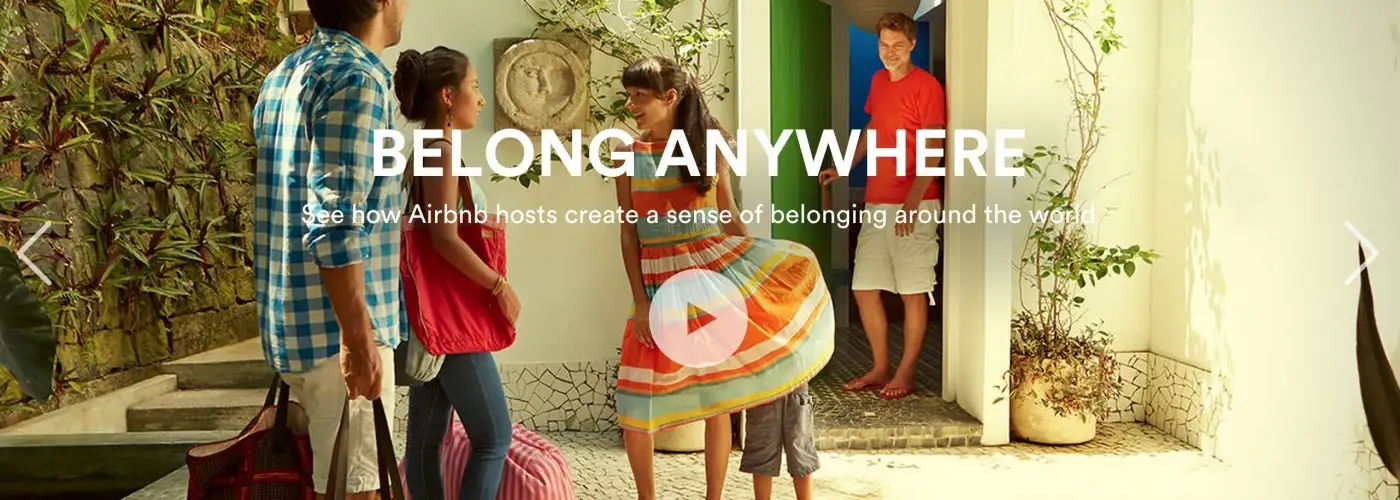Unless you’ve been living under a rock, you’ve heard about Airbnb and Uber, along with the dozens of similar companies taking over the sharing economy (or as some refer to it, “collaborative consumption”).
As the sharing economy has exploded in recent years, it has also dramatically changed the way we travel. And it makes sense: Trading accessibility for money and sharing unused resources goes right to the heart of travel—after all, you’re paying for an overall experience rather than a tangible product.
Here’s what’s been happening in the hospitality and transportation industries since the explosion of the sharing economy, a.k.a. collaborative consumption, a.k.a. peer-to-peer travel, a.k.a. whatever other buzzword you want to use.
Hospitality
The Impact: While peer-to-peer accommodation and vacation rentals are competing with hotels, there’s yet to be a huge or direct threat to the hotel industry. Business travelers will continue to prefer the convenience and standardization of hotels (although Airbnb does offer a “business” category for its accommodation offerings). And vacation rental companies will still be competitive as they offer longer-term vacations, typically outside of cities, whereas Airbnb is more popular in urban areas.
There’s no ignoring the popularity and rapid growth of peer-to-peer accommodation, though, due to its obvious benefits—more local experience, less expensive, and more amenities like laundry, Internet, and kitchen access.
What’s Changing: Hotels are starting to pick up on the good stuff Airbnb is putting down. This includes not charging (or at least decreasing the price) for Wi-Fi, snacks, hairdryers, chargers, etc. And some hotels are starting to offer local experiences. Many are even making their restaurants, lobbies, and clubs a local hangout spot.
Personalization is also increasing in terms of staff training and through technology like personalized iPads in rooms. And, flexible check-in and check-out times are becoming more popular.
RELATED: How the Sharing Economy Opens New Doors for Travelers
Transportation
The Impact: While Uber isn’t solely responsible for decreased auto sales, it is a testament that car ownership, especially with millennials, is on the decline. There are dozens of ride-sharing companies, all of which are dramatically less expensive than owning or renting a car.
The benefits are seemingly obvious, although there are ongoing legal issues concerning the safety and regulations for these companies. With different companies offering a variety of services—from long-haul specialization to peer-to-peer taxis, and now even peer-to-peer rental cars—it’s harder for traditional car rental companies to stay competitive.
RELATED: 6 Things You Need to Know About Uber
While suburban America will always make the use of a car necessary, it is worth noting the potential impact ridesharing can have on urban areas.
What’s Changing: Companies like Avis’ ZipCar are realizing the convenience of ridesharing and making their fleet available in many locations across major cities. By making a rental car more accessible and convenient, they can compete more readily with ride sharing apps.
More from SmarterTravel:
- Will Airbnb Be the Death of Hostels?
- The Definitive Guide for Airbnb Newbies
- The World’s Most Share-Friendly and Exchange Friendly Countires
Ashley Rossi is always ready for her next trip. Follow her on Twitter and Instagram @ashley_stravel for more advice on travel hacks and destination ideas.
We hand-pick everything we recommend and select items through testing and reviews. Some products are sent to us free of charge with no incentive to offer a favorable review. We offer our unbiased opinions and do not accept compensation to review products. All items are in stock and prices are accurate at the time of publication. If you buy something through our links, we may earn a commission.
Related
Top Fares From Wichita, KS
Today's Top Travel Deals
Brought to you by ShermansTravel
Shop and Save with Country Inns...
Patricia Magaña
 Hotel & Lodging Deals
Hotel & Lodging Deals
$229 -- Chicago: Discounted Rates and...
Francesca Miele
 Hotel & Lodging Deals
$229+
Hotel & Lodging Deals
$229+
$188 -- Honolulu: Save on Oceanview...
Abigail Lamay
 Hotel & Lodging Deals
$188+
Hotel & Lodging Deals
$188+




